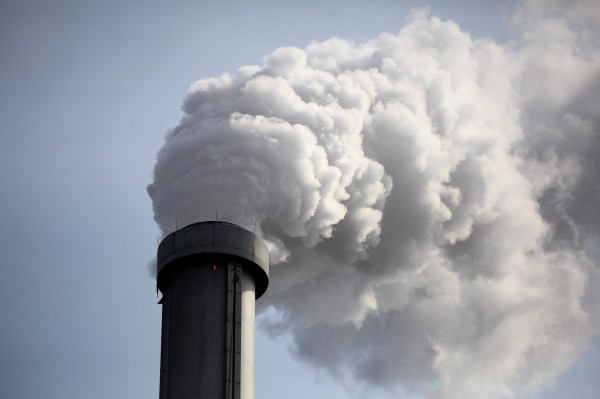How Greenlyte is going from zero to 1,000 metric tons of captured CO2 in a year

In case you haven’t noticed, the world hasn’t stopped burning fossil fuels. At this rate, someday soon we’ll probably have to do things the hard way: remove carbon dioxide directly from the atmosphere. It’s not ideal, but here we are.
In anticipation of that day, a number of companies are working to have solutions ready sooner than later. Some are spreading crushed rock on fields to speed a naturally occurring process. Others have built giant chemistry kits in an attempt to terraform Earth.
Greentlyte Carbon Technologies falls in the latter category. Superficially, the German startup sounds similar to some other players in the space, including Climeworks and Carbon Engineering. But once you dig a little deeper, some key differences begin to emerge.
For one, Greenlyte’s process doesn’t just remove carbon dioxide from the air. It also makes hydrogen. Suddenly direct air capture is looking like less of a chore.
The startup’s technology is based on the research of Peter Behr, who spent the last 15 years researching carbon capture at the University of Duisburg-Essen. In that time, he dusted off an old carbon removal technique and tweaked it, speeding up the chemical reaction that’s used to remove the CO2, CEO Florian Hildebrand told TechCrunch+.
After the CO2 interacts with the company’s solvent, a salt falls out of solution. The resulting salty sludge can be stored until the sun shines or the wind blows, at which point the plant’s power hungry electrolyzers turn on to regenerate the sludge so it can be used again. That step produces carbon dioxide and, ding ding ding, hydrogen gas.
When Hildebrand first heard Behr describe the process, he thought, “‘Oh my god, this is crazy.’ Because energy-wise, you can do one very energy-intensive process, which is the water electrolysis, but you can use the energy for two things. It’s like boiling rice and an egg at the same time. I was hooked by that.”
The company has moved swiftly, to say the least. It was founded in September 2022 and is on track to complete a pilot plant capable of removing 100 metric tons of CO2 annually this September, Hildebrand said.




